On Friday, Federal Reserve Chair Jerome Powell warned that President Donald Trump’s sweeping tariffs are likely to drive up inflation and slow economic growth. Speaking at an event just outside Washington, DC, Powell stated that the tariffs and their impacts on the economy and inflation are “significantly larger than expected.” He emphasized that while tariffs are highly likely to generate at least a temporary rise in inflation, the effects could be more persistent.
Tariff Details and Market Reactions
The Trump administration unveiled the sharpest ever escalation in US tariffs, with a 10% tariff on all US imports set to go into effect on Saturday, and even higher tariffs slated for April 9. This move has triggered a global stock-market sell-off, with JPMorgan economists now seeing a 60% chance of a global recession if the tariffs are kept in place. Various forecasters are projecting that consumer prices, especially for cars, will rise significantly this year.
Economic and Policy Implications
Trump’s tariffs could send the economy toward “stagflation,” a toxic combination of stagnant economic growth and rising unemployment coupled with accelerating inflation. This scenario would pose significant challenges for the Federal Reserve, which is tasked with both maximizing employment and stabilizing prices. Powell indicated that the Fed will likely keep interest rates on hold for longer amid the uncertainty caused by Trump’s economic policies.
Consumer and Business Uncertainty
Consumer confidence in March plunged to its lowest level since January 2021, and small-business uncertainty about the economy spiked in February to its second-highest level since 1973. This uncertainty could constrain economic activity if it persists or worsens. Powell acknowledged that the high level of uncertainty should be “much lower” next year, after the effects of the Trump administration’s policy shifts become clearer.
Future Outlook and Fed’s Role
The Fed faces a difficult situation with inflation set to accelerate and the economy poised to slow. Powell emphasized that the Fed’s obligation is to keep longer-term inflation expectations well anchored and to ensure that a one-time increase in the price level does not become an ongoing inflation problem. The central bank will need to balance its dual mandate of maximizing employment and stabilizing prices, which could require tough choices if the tariffs lead to higher inflation and rising unemployment.
President Trump’s tariffs have introduced significant uncertainty and potential economic risks. While the full impact of these tariffs remains unclear, the Federal Reserve is prepared to navigate the challenges ahead. Powell’s cautious approach reflects the need for clarity and stability in a time of economic uncertainty. The coming months will be critical in determining the long-term effects of these policies on the US economy and global trade dynamics.

By Ryan Martin/Apr 7, 2025
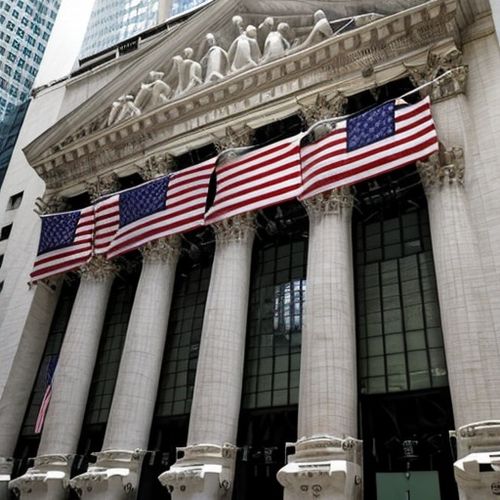
By Ryan Martin/Apr 7, 2025
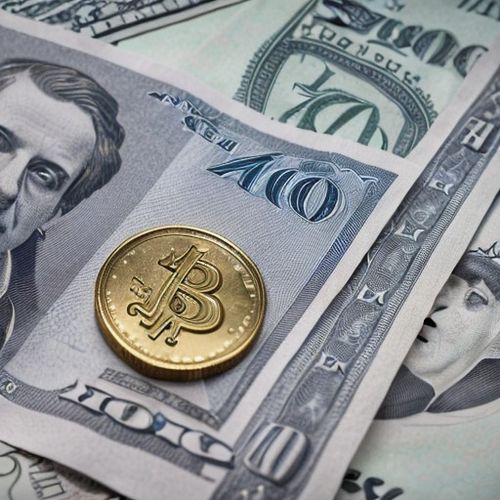
By David Anderson/Apr 7, 2025

By Olivia Reed/Apr 6, 2025

By Daniel Scott/Apr 6, 2025
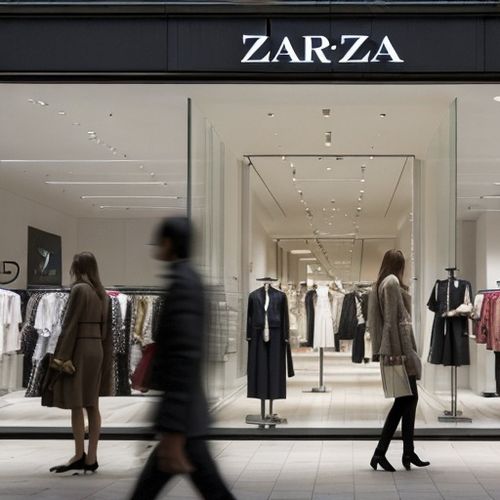
By Victoria Gonzalez/Apr 6, 2025
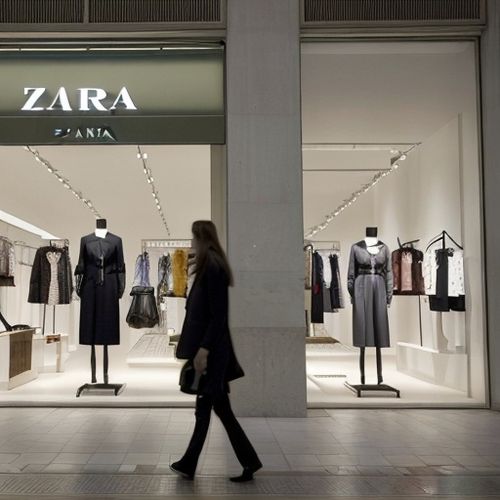
By John Smith/Apr 6, 2025

By Elizabeth Taylor/Apr 6, 2025

By James Moore/Apr 6, 2025
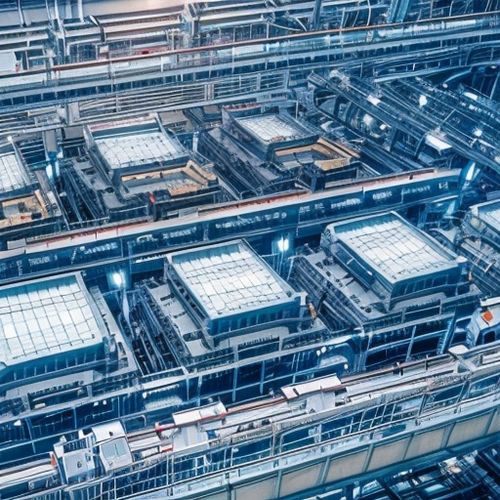
By Megan Clark/Apr 6, 2025

By Daniel Scott/Apr 6, 2025
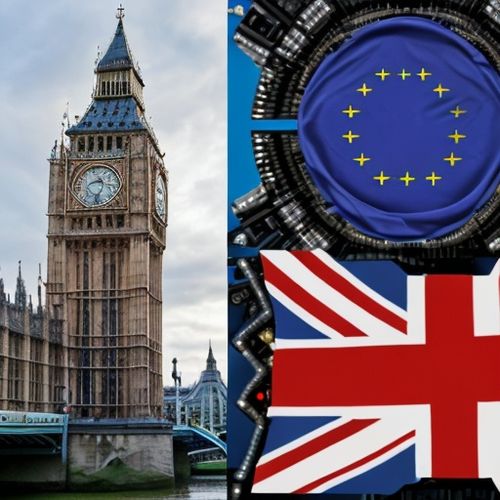
By William Miller/Apr 6, 2025

By Samuel Cooper/Apr 6, 2025

By Amanda Phillips/Apr 6, 2025

By Natalie Campbell/Apr 6, 2025

By Noah Bell/Apr 6, 2025

By Elizabeth Taylor/Apr 6, 2025